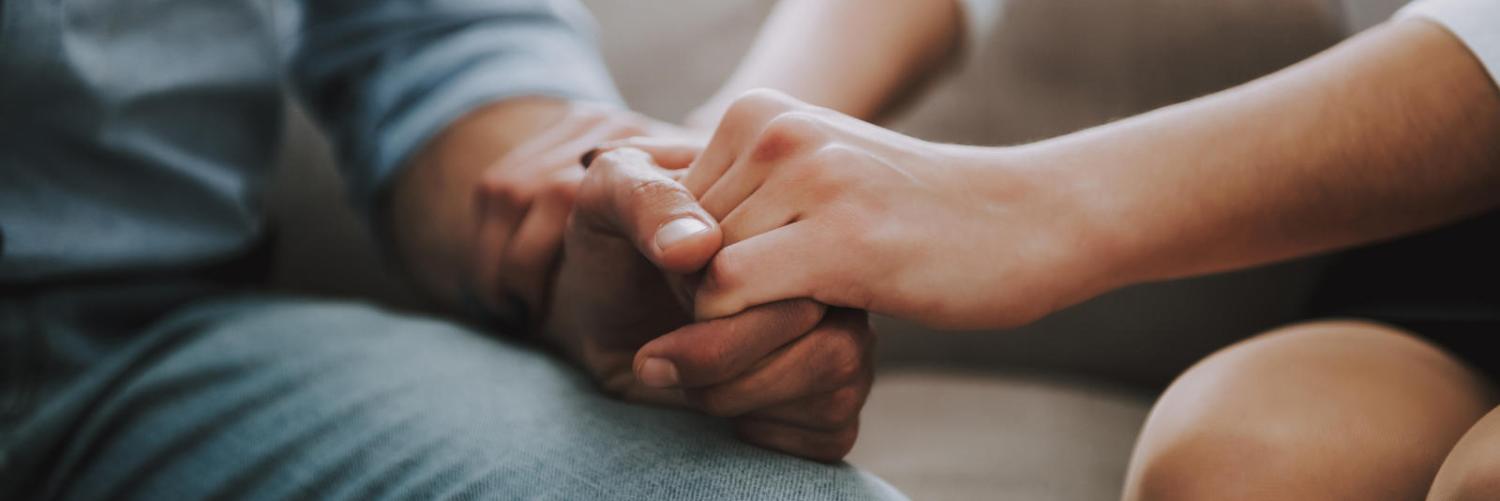Supporting survivors: How to help a friend in need

Traumatic events happen every day, and CU Boulder is not exempt. The way we respond to a survivor matters—our response can influence a friend’s decision to seek out further help and can affect their healing process.
In many cases people want to help, but they may not know how to respond. Here are some tips for supporting a friend through tough times from the Office of Victim Assistance (OVA).
Show your support
If someone shares that they have experienced a traumatic event:
- Remain calm.
- Listen.
- Take the situation seriously.
- Believe them.
- Avoid questioning or judging them.
- Address their emotional and physical safety.
- Acknowledge that their feelings are normal.
- Inform your friend they have rights and options.
- Support the survivor in doing what they decide is best for them.
Campus resources
CU Boulder’s Office of Victim Assistance (OVA) offers advocacy and short-term counseling related to traumatic experiences. Call their office at 303-492-8855 (24/7 phone support) or learn how to get help.
Don’t Ignore It provides resources for students, staff and faculty to explore your options and learn how to help a fellow buff in need.
Take our quiz to test your knowledge on intimate partner abuse and domestic violence.
Additional resources
Moving to End Sexual Assault (MESA) in Lafayette offers workshops for survivors and loved ones of sexual assault.
Safehouse Alliance for Non-violence (SPAN) in Boulder has a shelter, workshops and support for people who have or had abusive partners.
Blue Bench in Denver provides a variety of services for survivors and loved ones of sexual violence and abuse.

